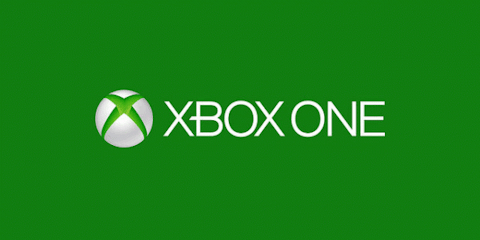Microsoft Corporation (NASDAQ:MSFT) has long been one of the bastions and chief players of the technology industry. That said, its corporate outlook over the next several years remains questionable in light of strong competition and uncertainty with regards to its product launches and reveals.
It is my belief that Microsoft Corporation (NASDAQ:MSFT) stock price is currently overvalued at around $34 per share. The company has shown itself to be incapable of innovating in the spaces that appeal most to consumers and has been relegated to playing catch up against competitors.
The recent unveiling of Microsoft Corporation (NASDAQ:MSFT)’s newest foray into the videogame and home entertainment market can now be classified as a full on disaster. In unveiling the Xbox One, company officials utterly failed to provide a clear and compelling portrayal of the system. The E3 debut of the system saw former President of Interactive Entertainment Business, Don Mattrick attempting to convince the press, and gamers by proxy, that its newest box represented the future of interactive entertainment. Unfortunately for Mattrick and Microsoft Corporation (NASDAQ:MSFT), it would soon become clear that the console’s future was anything but certain, even in the minds of the brand’s chief strategists. Though, in light of recent news of Mattrick’s departure of Microsoft Corporation (NASDAQ:MSFT) and assumption of the CEO role at floundering web and mobile developer, Zynga Inc (NASDAQ:ZNGA), one has to question how much the former Xbox executive really cares. Zynga Inc (NASDAQ:ZNGA) stock saw a considerable bump after bringing Mattrick aboard, however, this is likely more indicative of a brief sidestep on its death march than Mattrick’s value as an executive.
Expect Zynga’s stock to continue its slide towards near worthlessness as the company shows an inability to carve out a sufficient portion of the mobile market and indie game development continues to flourish. Interestingly, news has recently surfaced in a Forbes report that Mattrick had encouraged Microsoft Corporation (NASDAQ:MSFT) to purchase Zynga back in 2010 when the game company was still riding high. As the passage of time has indicated, such a move would have likely been nothing short of disastrous for Microsoft.
The Xbox One, which Mattrick oversaw the development and reveal of, received scathing treatment from industry analysts, journalists, and online communities, many taking issue with the system’s requirement to check-in online at least once every 24 hours and general inability play used games. What’s more, its chief rival in the videogame console space, Sony Corporation (ADR) (NYSE:SNE), revealed that its PlayStation 4 console would launch at $399, $100 less than Microsoft’s stated $499 MSRP for the Xbox One, and have no system level restrictions preventing used games from being played. The tidal wave of negative feedback caused Microsoft to reverse course, scrapping the Xbox One’s 24-hour check-in requirement and used game restrictions.
The PlayStation entertainment branch makes up a much larger part of Sony Corporation (ADR) (NYSE:SNE)’s business than does the Xbox division for Microsoft. Accordingly, Sony stock should have much greater potential for upswing if the company can successfully reclaim dominance in the console space. On the other hand, Microsoft still has a huge financial and strategic investment in the Xbox One’s success. A $3 billion investment in the Xbox One’s accelerated processing unit, at least $1 billion in game development and exclusivity contracts, an approximate $1 billion for Xbox related data centers, and a $400 million deal with the NFL represent only a fraction of the money tied up in ensuring the console’s success. Take a look at the company’s $20.49 billion Q3 revenue and it becomes apparent that the failure of the Xbox One to properly launch poses a very real threat to the company.
Microsoft’s used game reversal provided substantial turnaround for videogame retailer, GameStop Corp. (NYSE:GME), which is heavily dependent on used game sales. That said, GameStop Corp. (NYSE:GME) still faces the looming threat that increasingly popular digital distribution models pose to their brick and mortar foundations. If the company cannot find a way to make its presence essential to the future gaming space, it faces rapidly evaporating earnings potential.





